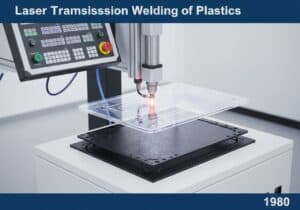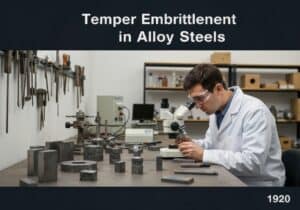Sublimation is a laboratory technique for purifying compounds, particularly volatile solids. The impure solid is gently heated, often under reduced pressure, causing it to sublime directly into a gas. This gas then deposits as a pure solid on a cooled surface, known as a cold finger, leaving the non-volatile impurities behind in the original container.
Purification by Sublimation
Purification by sublimation is an effective physical separation método analogous to distillation, but for solid-to-gas transitions. Its effectiveness hinges on the difference in vapor pressures between the target compound and its impurities. The target compound must have a significantly higher vapor pressure at the operating temperature than the impurities, allowing it to sublime while the impurities remain solid. The process is typically carried out in a specialized piece of glassware called a sublimation apparatus.
The apparatus consists of a vessel to hold the impure solid, a heating source (like a heating mantle or oil bath), and a cooled surface (the cold finger) placed above or within the vessel. A vacuum is often applied to the system. Reducing the pressure lowers the temperature at which the compound will sublime, which is crucial for thermally sensitive compounds that might decompose at their atmospheric-pressure sublimation point. As the impure solid is heated, molecules of the target compound escape into the gas phase. These gaseous molecules travel a short distance until they collide with the cold finger, which is typically cooled by circulating water or a cryogen. Upon contact with the cold surface, the molecules lose thermal energy and undergo deposition, transitioning directly back into a highly pure crystalline solid. The non-volatile impurities, having much lower vapor pressures, are left behind. This technique is valued for its simplicity and for yielding very high-purity crystals, making it a standard procedure in many synthetic and analytical chemistry laboratories.
Tipo
Disrupción
Utilización
Precursores
- the ancient practice of distillation for purifying liquids
- the discovery of elements like iodine that visibly sublime
- development of vacuum pumps by otto von guericke and later improvements
- advances in glassware manufacturing for laboratory use
Aplicaciones
- purification of organic compounds like caffeine, iodine, and ferrocene in chemistry labs
- refining of metals such as arsenic, cadmium, and zinc
- production of ultra-pure materials for the semiconductor industry
- isolation of natural products from crude extracts
- recycling and purification of elements like sulfur
Patentes:
Posibles ideas innovadoras
Membresía obligatoria de Professionals (100% free)
Debes ser miembro de Professionals (100% free) para acceder a este contenido.
DISPONIBLE PARA NUEVOS RETOS
Ingeniero Mecánico, Gerente de Proyectos, Ingeniería de Procesos o I+D
Disponible para un nuevo desafío a corto plazo.
Contáctame en LinkedIn
Integración de electrónica de metal y plástico, diseño a coste, GMP, ergonomía, dispositivos y consumibles de volumen medio a alto, fabricación eficiente, industrias reguladas, CE y FDA, CAD, Solidworks, cinturón negro Lean Sigma, ISO 13485 médico
Estamos buscando un nuevo patrocinador
¿Su empresa o institución se dedica a la técnica, la ciencia o la investigación?
> Envíanos un mensaje <
Recibe todos los artículos nuevos
Gratuito, sin spam, correo electrónico no distribuido ni revendido.
o puedes obtener tu membresía completa -gratis- para acceder a todo el contenido restringido >aquí<
Invención, innovación y principios técnicos relacionados











